Anna Lührmann, Minister of State for Europe and Climate of the Federal Republic of Germany, expressed her admiration for the work of Ukrainian newspaper journalists in the de-occupied and front-line territories. During the Global Conference on the occasion of World Press Freedom Day held in New York on May 3, the NUJU President, Sergiy Tomilenko, presented her with a set of such newspapers with an English-language explanation of their meaning, booklets, and a call to the world community to implement a program of Ukrainian media economic sustainability in general and newspapers in the front-line and de-occupied territories in particular.
“It is extremely important to support such sources of information,” said Anna Lührmann.
During the discussion called Journalism On The Move: Displaced Media Workers On The Front-line Of Human Rights’ Defense with the participation of journalists, writers, and researchers, it was discussed that conflicts and violence, persistent socio-economic inequality, and environmental crises drive the migration and displacement of millions of people. Among them are journalists and other media workers. When this happens, and journalists leave, informational black holes are left behind regarding issues that are of public interest and can be of crucial importance for preserving people’s lives and health. So, we can say that freedom of speech and self-expression is a driving force behind all other human rights.
NUJU President Sergiy Tomilenko, who was among the event’s key speakers, spoke about the activities of the Network of Journalists’ Solidarity Centers of the NUJU.
“Responding to hundreds of requests in the first days of the invasion, we, with the support of the International and European Federations of Journalists, the headquarters of UNESCO, created a network of Journalists’ Solidarity Centers. Now, they satisfy numerous requests for technical assistance and host a hotline for psychological support and legal counseling,” said Sergiy Tomilenko. “In total, there are six such centers: two in the front-line cities of Dnipro and Zaporizhzhia, three more in the west of Ukraine: in Lviv, Ivano-Frankivsk, and Chernivtsi, and one, in the capital, in Kyiv. Such centers provide important experience in how to help colleagues in need.”
The NUJU President thanked the German government for providing powerful technical support, in particular, with laptops and cameras. This aid, which came from the government of Germany thanks to cooperation with the Academy of Ukrainian Press, is today being transferred to front-line newsrooms and photojournalists working on the front lines. Not the most telling pictures from Bakhmut, which are now known to the world, were taken on cameras, which are the contribution of the German government.
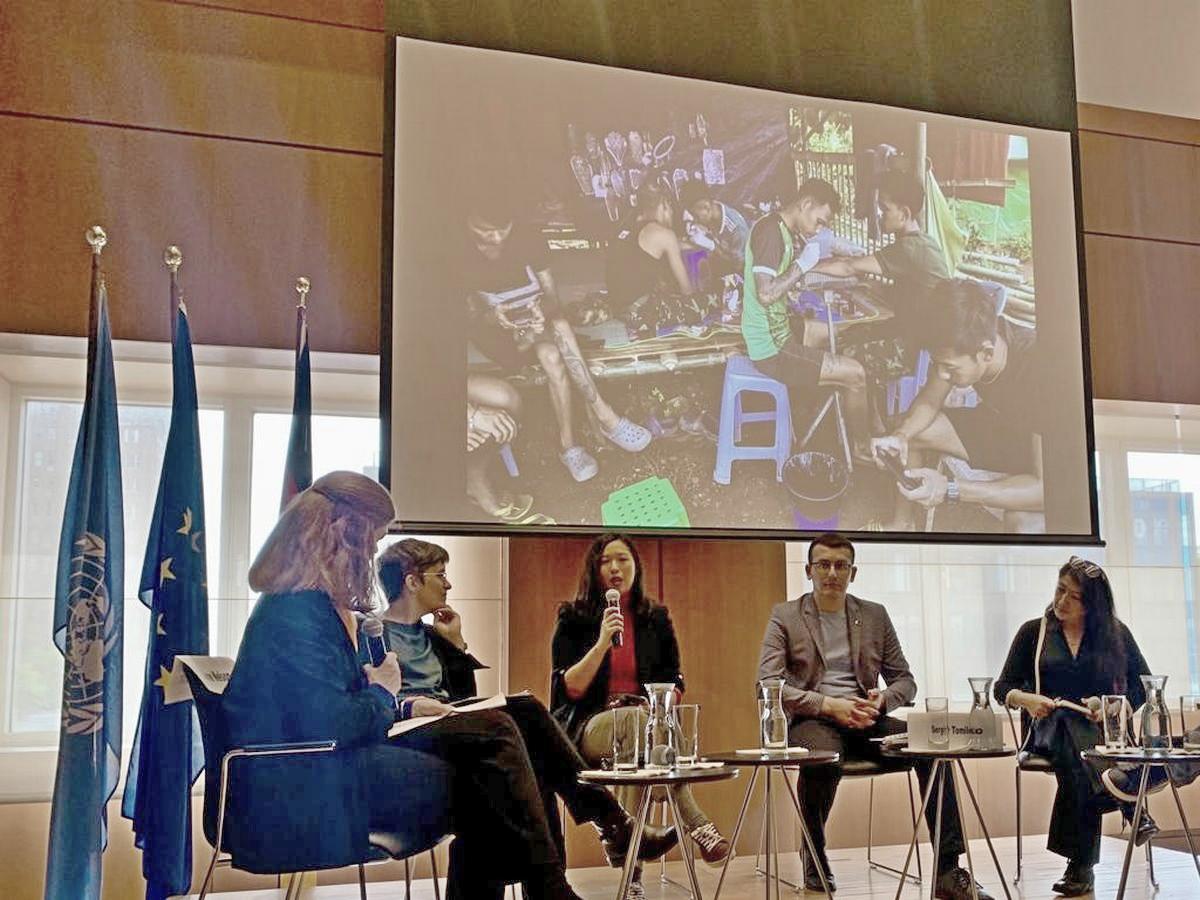
Sergiy Tomilenko presented the initiative of the NUJU to support print media in the front-line and de-occupied territories, which became the only source of verified information in the conditions when the Russian military destroys the infrastructure and communication. Information that often saves lives, as it helps to survive under fire, find sources of help, methods of evacuation, etc.
“It is during the war that newspapers gain a second breath, a second life,” said Sergiy Tomilenko.
He presented the discussion participants with a number of newspapers that are published for the residents of the front-line territories: Kherson’s Novyi Den, Bakhmut’s Vpered, Snihurivka’s Visti Snihurivshchyny, etc., which today play an essential role of providing information to local residents.
As earlier reported, Sergiy Tomilenko is currently on a visit to New York to participate in events on the occasion of World Press Freedom Day. In particular, he delivered a speech at the presentation of the documentary called 20 Days in Mariupol by Ukrainian journalists Mstyslav Chernov and Yevhen Maloletka in the United States and spoke at a discussion held on the grounds of the UN General Assembly.
The event was organized by UNESCO’s International Programme for the Development of Communication (IPDC) in partnership with the Permanent Mission of the Federal Republic of Germany to the United Nations in New York.
The speakers at the discussion were:
- Khin Wai, Director of the Exile Hub and MiCT Fellowship for Critical Voices in Myanmar supported by the Hannah Arendt Initiative;
- Sergiy Tomilenko, the President of the National Union of Journalists of Ukraine (NUJU)
- Celeste Katz Marston is a freelance reporter and investigator. She is the co-host of WBAI FM New York radio’s Driving Forces;
- Jose Luis Sanz, Washington D.C. correspondent of El Faro;
- Anna Lührmann, Minister of State for Europe and Climate of the Federal Republic of Germany.
The moderator was Anne Nelson, author and research scholar, Columbia School of International and Public Affairs (SIPA) and former director of the Committee to Protect Journalists

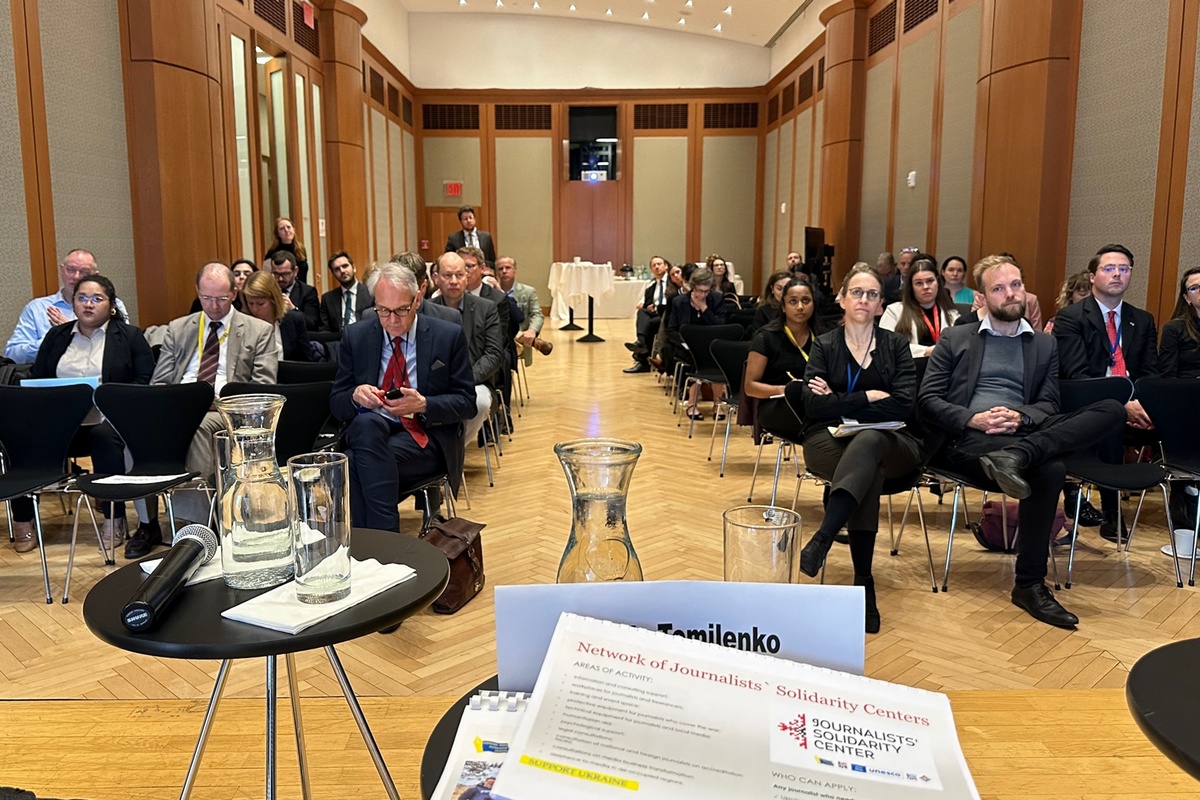
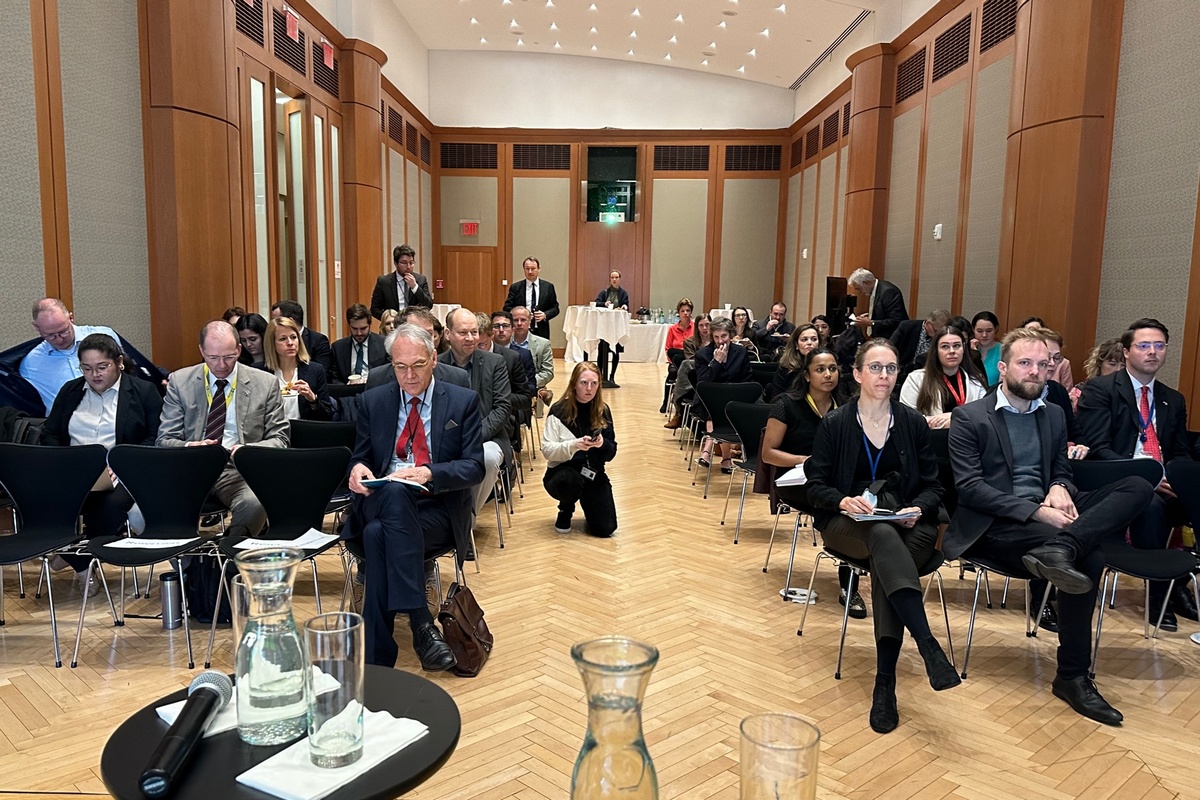
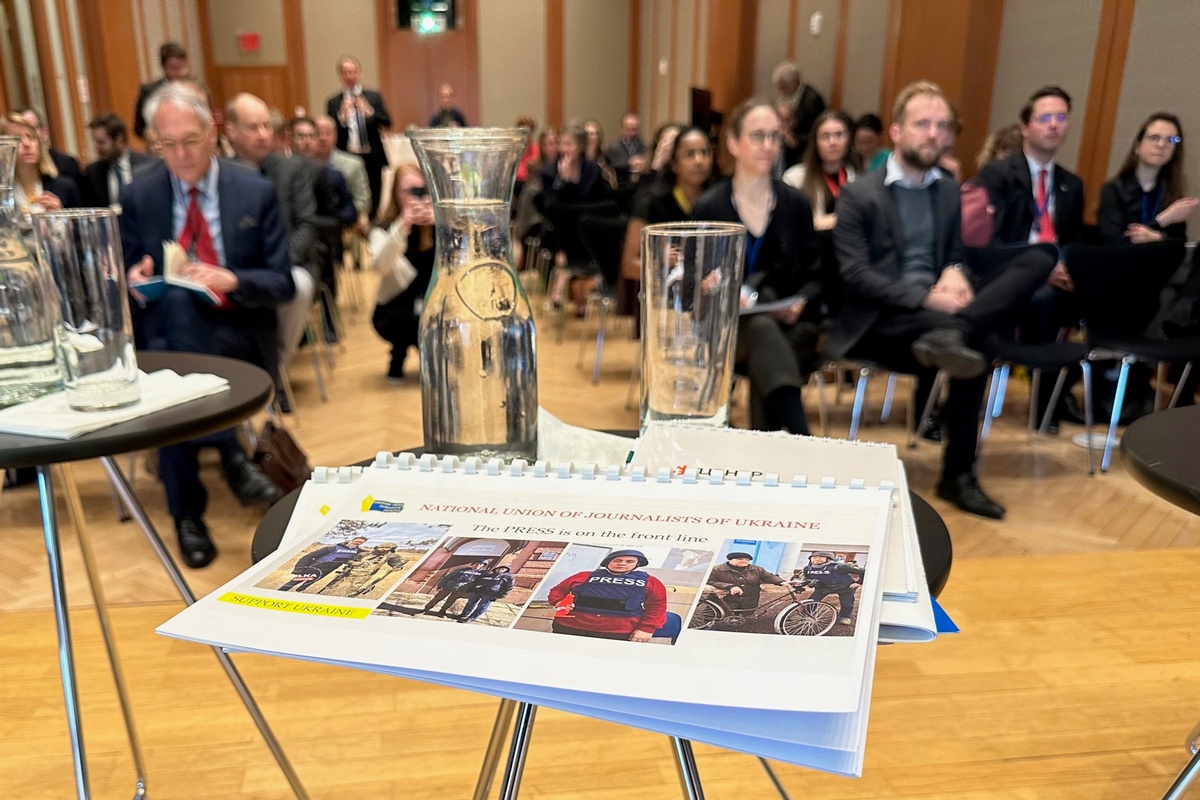
NUJU Information Service

 THE NATIONAL UNION OF
JOURNALISTS OF UKRAINE
THE NATIONAL UNION OF
JOURNALISTS OF UKRAINE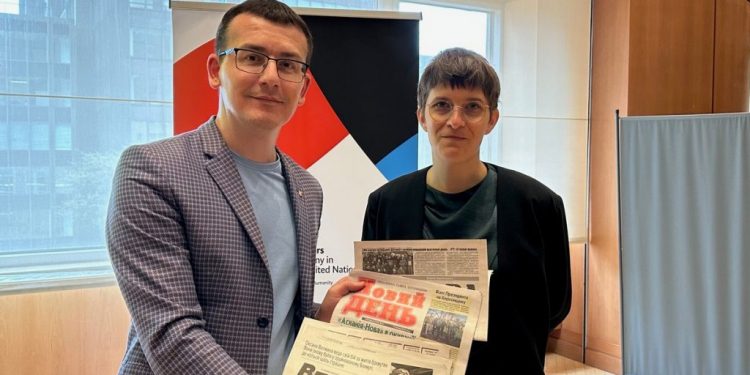
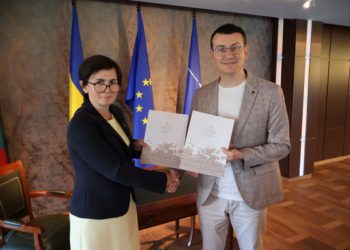
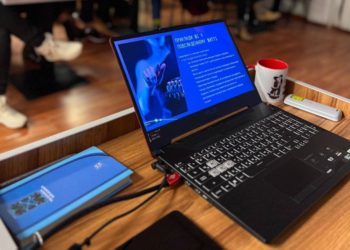














Discussion about this post